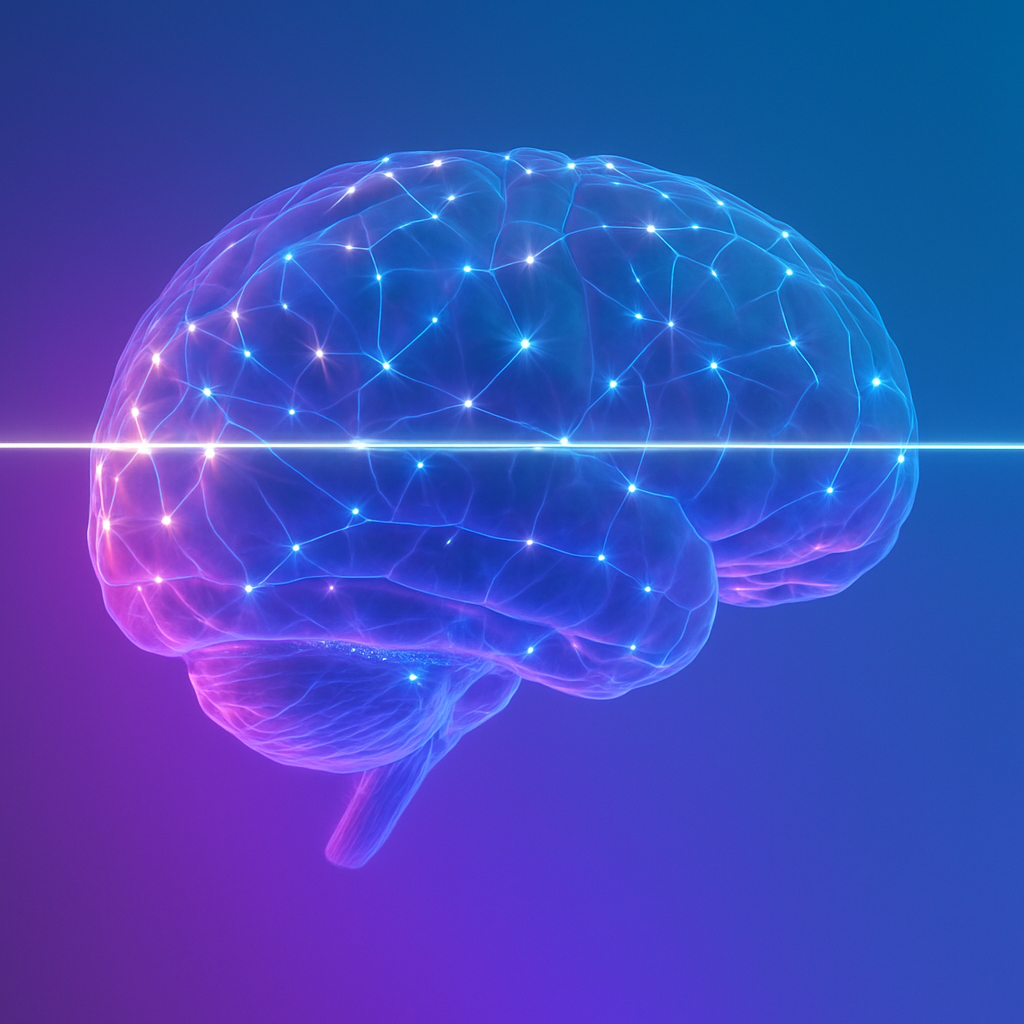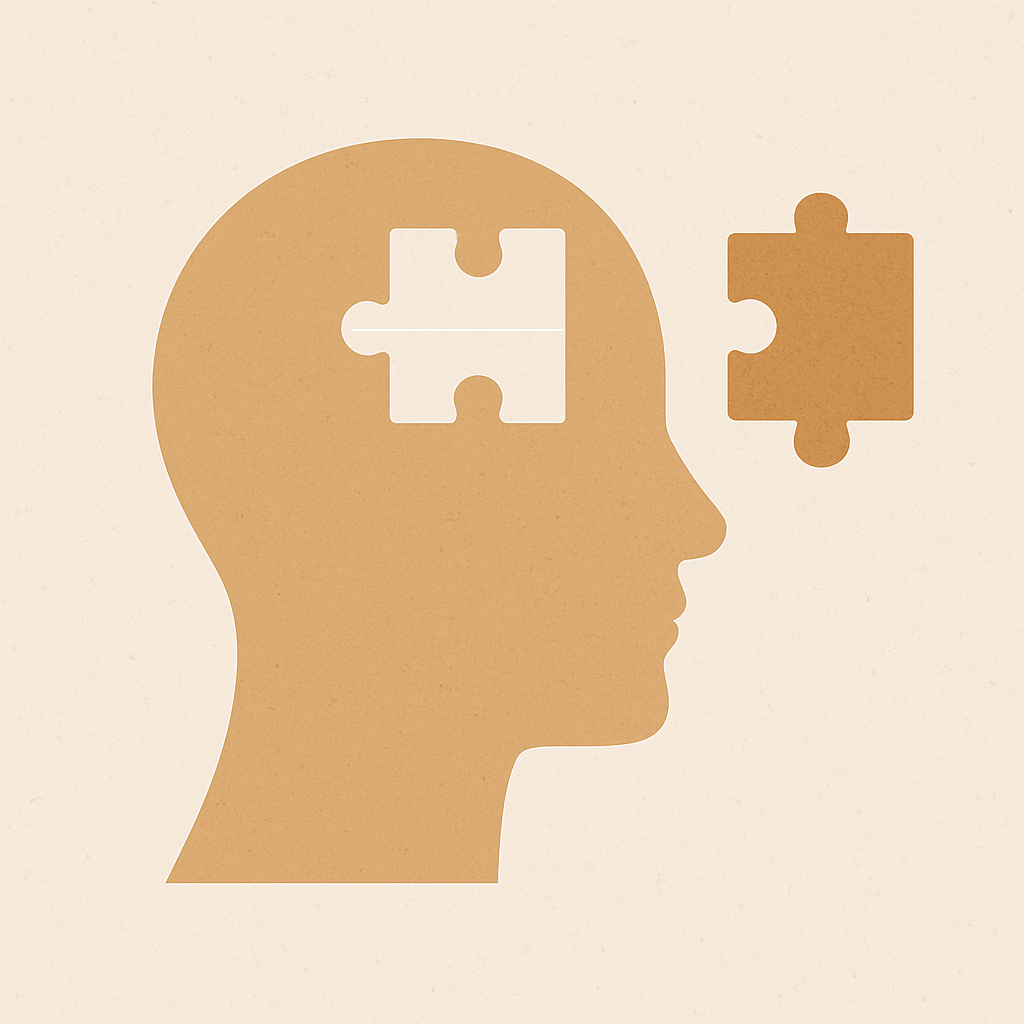
Grounded in research. Rooted in connection.
Evidence-based therapy approaches for trauma recovery, connection, couples counseling, and personal growth — in West Seattle and online.
Evidence-Based Methods
Thatcher Dynamic Counseling draws from proven, research-backed therapeutic approaches—each tailored to your needs. Whether we are working together as an individual, teen, or couple, these methods can support your healing from trauma, help you break unhelpful patterns, and build healthier relationships.
Eye Movement Desensitization and Reprocessing (EMDR)
As an EMDR therapist in West Seattle, I use this trauma-informed approach to help the brain reprocess distressing memories through bilateral stimulation (such as guided eye movements or tapping). EMDR therapy can reduce emotional intensity, reframe negative self-beliefs, and relieve symptoms of trauma, anxiety, and other overwhelming experiences. I offer EMDR therapy both in-person in West Seattle and online across Washington State.
Couples Counseling
My work with couples draws from several evidence-based approaches, including Relational Life Therapy (RLT), the Gottman Method, and Sue Johnson’s Emotionally Focused Therapy (EFT) grounded in attachment theory. Together, these methods help partners break destructive cycles, strengthen emotional bonds, and build communication rooted in respect, empathy, and trust.
Whether you’re navigating recurring conflict, recovering from breaches of trust, or wanting to deepen your connection, I offer a direct yet compassionate approach that addresses both immediate challenges and the deeper patterns beneath them. I provide couples counseling in West Seattle and virtually across Washington State.
Person-Centered Therapy
This approach centers on empathy, trust, and authenticity. You set the pace; I provide a nonjudgmental space where you can safely explore your emotions and experiences. Healing happens through connection—not correction—making it a powerful foundation for trauma therapy and personal growth.
Cognitive-Based Approaches
Drawing from Cognitive Behavioral Therapy (CBT) and related methods, we focus on the link between thoughts, feelings, and behaviors. By identifying unhelpful thinking patterns and building healthier perspectives, cognitive-based approaches can reduce symptoms of anxiety, depression, and stress while supporting lasting change.
Dialectical Behavior Therapy (DBT)
DBT combines mindfulness practices with concrete skills for managing emotions, improving communication, and tolerating distress. Originally developed for those experiencing intense emotional swings, DBT tools can help anyone bring more balance, stability, and effectiveness into daily life.





